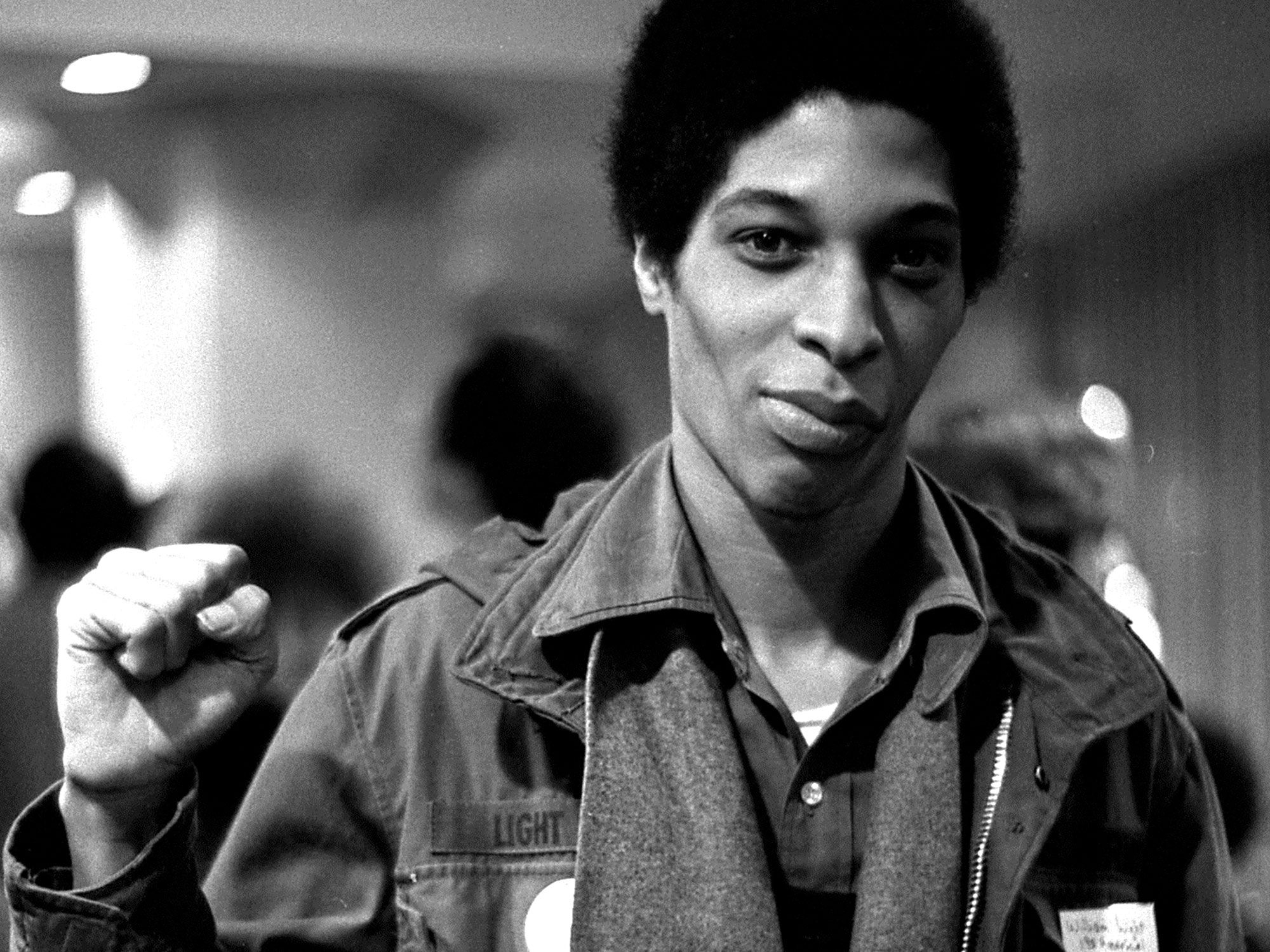
This summer marks 50 years since the counterculture revolutions of 1969, an era where the Vietnam War raged and Richard Nixon fanned the flames of division across the US. For a new BBC Arts film series, Inside Cinema, Christina Newland looks at counterculture filmmaking during the Nixon years – and how some films were made to disappear.
If you look up the director’s credit for the 1972 Vietnam War documentary Winter Soldier, you won’t exactly learn much. The film is credited to the ‘Winterfilm Collective’, an enigmatic group of student filmmakers and anti-war activists who cannily chose to remain under the umbrella of that title than to identify themselves individually.
Self-congratulation or any sense of auteurism was brushed aside for the greater good: the faithful observation of an unofficial war crimes tribunal organised by Vietnam Veterans Against the War. Taking place over three days in Detroit and featuring the testimonies of over a hundred vets from all sections of the military, the doc was incendiary in its portrayal of the scope and magnitude of American crimes against humanity in Vietnam.
The lean black-and-white film, made mostly in vérité style and in agonised close-ups of the faces of the haunted young men who tell their stories, is intercut with a sprinkle of colour footage from the conflict itself. In their own words, the men – Hispanic, African-American, Native American and white, with army buzz cuts grown out into hippie hairstyles and beards – tackle the awful task of describing the atrocities they both witnessed and took part in.
Some were complicit in the massacring of civilians or horrified bystanders; others discuss the casual cruelty of the higher command, while others describe acts of disembowelment and rape. Sitting before an aghast audience, they address the utter indifference – even encouragement – of military brass. Their eyes flash between wry cynicism in one moment and blank terror in the next.
Sullen and inarticulate, some men can only nod in agreement with their more outspoken compatriots. The simple focus on their testimony underlines the unimaginable brutality of the acts described; one bearded young vet tells his harrowing story in full close-up, giving us no choice but to stare back at his glassy, detached expression. The sparse style and confirmation of furtive political misdeeds give the feel of some lost snippet of John Frankenheimer footage.

The film raises startling questions about just how pervasive war crimes were, but how they were tacitly supported by the Nixon administration. The vets themselves are both sympathetic and unfathomable. No other documentary film from the period dares to paint a picture of soldiers at their most nakedly unheroic; or stares so intently into the psyches of those who were complicit in the worst of human behaviour.
Winter Soldier had an extremely limited release in 1972, screening in small arthouse cinemas in New York City and at European film festivals like Cannes, where it received positive notices but no major distribution deals in North America. Its urgency notwithstanding, the film came out at a grindingly divisive moment in American life.
Bogged down in a bloody, unwinnable conflict abroad and on the verge of widespread civil unrest at home, the film was almost totally ignored by the mainstream newspapers and television channels at the time. It went little seen by anyone at all until 2005, when a company called Milliarium Zero gave the film a brief re-release in NYC cinemas and it received some renewed critical attention.
Still, there was probably another reason why the filmmakers who made Winter Soldier- including Academy Award winning documentarian Barbara Kopple (Harlan County, USA) and PBS regular David Grubin (American Experience) remained quiet about their involvement for so long.
There were risks implicit in making your name known to the notoriously vindictive Nixon administration, and Nixon paid close attention to anti-war groups and those in the media who had criticised him. In the wake of the Watergate scandal in 1974, leaked documents were discovered which revealed that Nixon’s ‘plumbers’ actively hoped to discredit Vietnam Veterans Against the War and sought out evidence that the testimonies in Winter Soldier were fake. No such evidence was ever found, but that didn’t stop them from trying.
For more info on Inside Cinema visit bbc.co.uk
The post The Vietnam War movie they wanted you to forget appeared first on Little White Lies.
![Forest Essentials [CPV] WW](https://s3-us-west-2.amazonaws.com/pcw-uploads/logos/forest-essentials-promo-codes-coupons.png)
0 comments